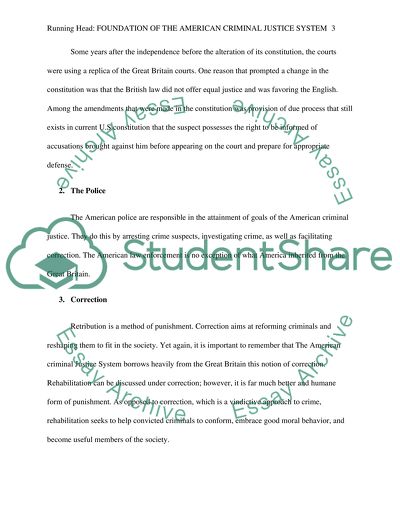Cite this document
(“The Philosophical Foundations of the American Criminal Justice System Research Paper”, n.d.)
Retrieved from https://studentshare.org/law/1605799-the-philosophical-foundation-of-the-american-criminal-justice-system
Retrieved from https://studentshare.org/law/1605799-the-philosophical-foundation-of-the-american-criminal-justice-system
(The Philosophical Foundations of the American Criminal Justice System Research Paper)
https://studentshare.org/law/1605799-the-philosophical-foundation-of-the-american-criminal-justice-system.
https://studentshare.org/law/1605799-the-philosophical-foundation-of-the-american-criminal-justice-system.
“The Philosophical Foundations of the American Criminal Justice System Research Paper”, n.d. https://studentshare.org/law/1605799-the-philosophical-foundation-of-the-american-criminal-justice-system.


